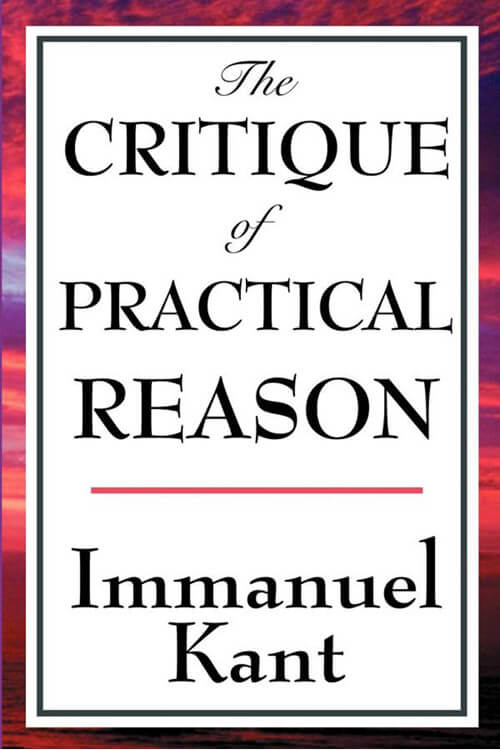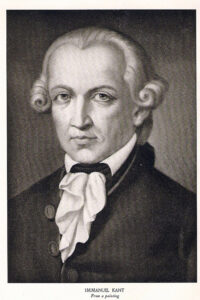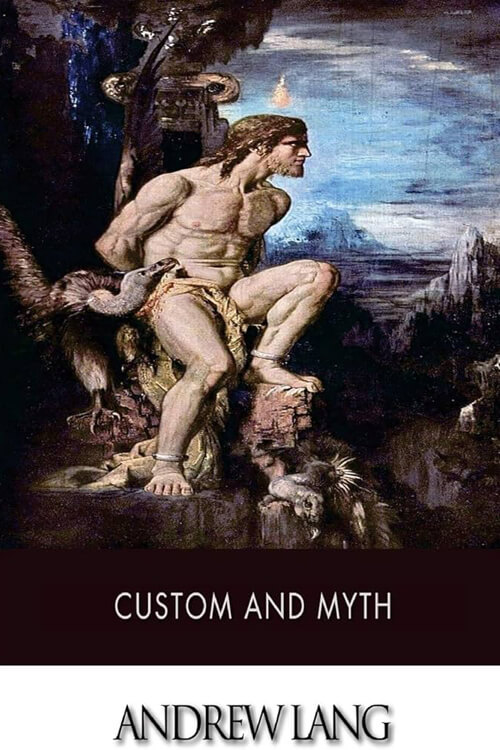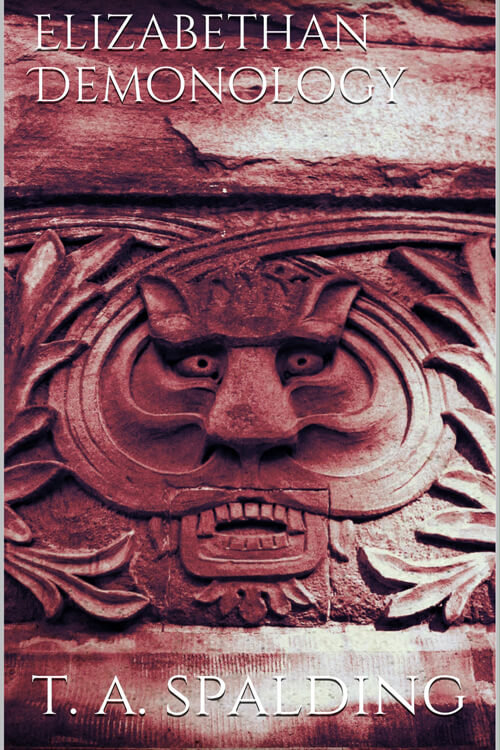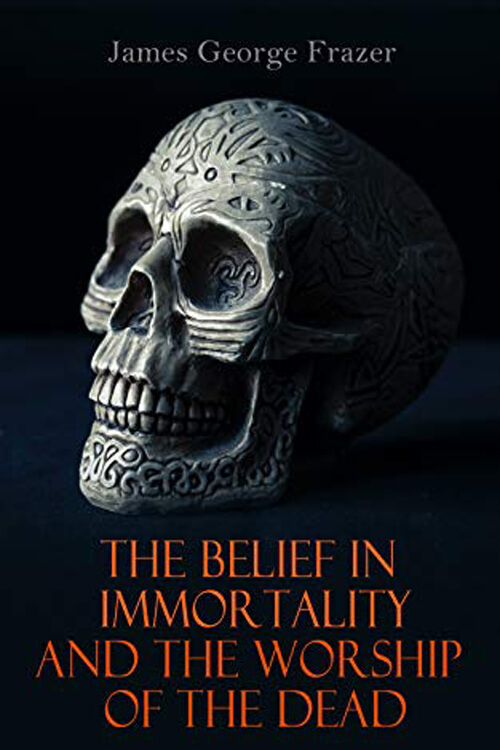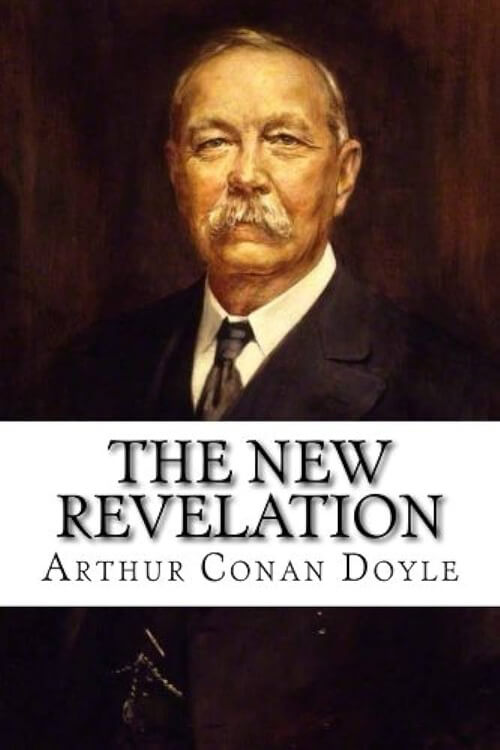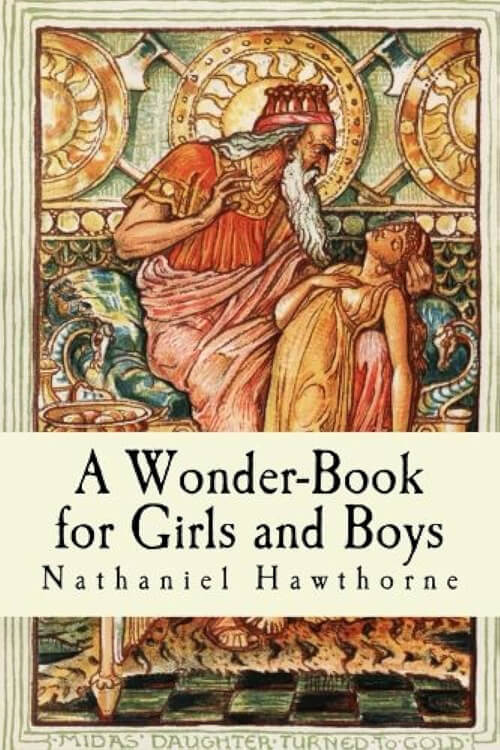
The Critique of Practical Reason
The Critique of Practical Reason is the second of Immanuel Kant’s three critiques, published in 1788. It follows Kant’s first critique, the Critique of Pure Reason, and deals with his moral philosophy. While Kant had already published one significant work in moral philosophy, the Groundwork of the Metaphysic of Morals (1785), the Critique of Practical Reason was intended to both develop his account of the determination of the will by the moral law and place his ethical views within the larger framework of his system of critical philosophy.
The second Critique exercised a decisive influence over the subsequent development of the field of ethics and moral philosophy, beginning with Johann Gottlieb Fichte’s Doctrine of Science and becoming, during the 20th century, the principal reference point for deontological moral philosophy. Kant sketches out what to follow here. Most of these two chapters focus on comparing the situation of theoretical and practical reason and, therefore, discuss how the Critique of Practical Reason compares to the Critique of Pure Reason. The first Critique, “of Pure Reason”, was a criticism of the pretensions of those who use pure theoretical reason, who claim to attain metaphysical truths beyond the ken of applied reasoning. The conclusion was that pure theoretical reason must be restrained because it produces confused arguments when applied outside its appropriate sphere. However, the Critique of Practical Reason is not a critique of pure practical reason but rather a defence of it as capable of grounding behaviour superior to desire-based practical reasoning. It is a critique of the pretensions of applied practical reason. Kant informs us that while the first Critique concluded that God, freedom, and immortality are unknowable on theoretical grounds, the second Critique will mitigate the scope of this claim. Freedom is revealed by the actuality of practical life because it is shown by the moral law.
God and immortality are also knowable, but practical reason now requires belief in these postulates of reason. Kant once again invites his dissatisfied critics actually to provide proof of God’s existence and shows that this is impossible because the various arguments (ontological, cosmological, and teleological) for God’s existence all depend essentially on the idea that existence is a predicate inherent to the concepts to which it is applied. Kant insists that the Critique can stand alone from the earlier Groundwork of the Metaphysics of Morals, although it addresses some criticisms levelled at that work. This work will proceed at a higher level of abstraction. While valid criticisms of the Groundwork are to be addressed, Kant dismisses many criticisms that he finds unhelpful. He suggests that many of the defects that reviewers have found in his arguments are only in their brains, which are too lazy to grasp his ethical system. As to those who accuse him of writing incomprehensible jargon, he challenges them to find more suitable language for his ideas or to prove that they are meaningless. He reassures the reader that the second Critique will be more accessible than the first. Finally, a sketch of the second critique is presented in the introduction. It is modelled on the first Critique: the Analytic will investigate the faculty’s operations in question; the Dialectic will explore how this faculty can be led astray; and the Doctrine of Method will discuss the questions of moral education.
Read or download Book
Immanuel Kant
Immanuel Kant (22 April 1724 – 12 February 1804) was a German philosopher and one of the central Enlightenment thinkers.
Biography
Born in Königsberg, Kant’s comprehensive and systematic works in epistemology, metaphysics, ethics, and aesthetics have made him one of modern Western philosophy’s most influential and controversial figures. In his doctrine of transcendental idealism, Kant argued space and time are mere “forms of intuition” that structure all experience and that the objects of knowledge are mere “appearances”. The nature of things as they are in themselves is unknowable to us. To counter the philosophical doctrine of scepticism, he wrote the Critique of Pure Reason (1781/1787), his best-known work.
Kant drew a parallel to the Copernican revolution in his proposal to think of the objects of experience as conforming to our spatial and temporal forms of intuition and the categories of our understanding so that we have a priori cognition of those objects. These claims have proved incredibly influential in the social sciences, particularly sociology and anthropology, which regard human activities as pre-oriented by cultural norms. Kant believed that reason is the source of morality and that aesthetics arises from a faculty of disinterested judgment. Kant’s religious views were deeply connected to his moral theory. Their exact nature, however, remains in dispute. He hoped that perpetual peace could be secured through an international federation of republican states and international cooperation. His Cosmopolitan reputation, however, is called into question by his promulgation of scientific racism for much of his career, although he altered his views on the subject in the last decade of his life. Immanuel Kant was born on 22 April 1724 into a Prussian-German family of Lutheran Protestant faith in Königsberg, East Prussia (since 1946, the Russian city of Kaliningrad).
His mother, Anna Regina Reuter (1697–1737), was born in Königsberg to a father from Nuremberg. Her surname is sometimes erroneously given as Porter. Kant’s father, Johann Georg Kant (1682–1746), was a German harness-maker from Memel, at the time Prussia’s most northeastern city (now Klaipėda, Lithuania). It is possible that the Kants got their name from the village of Kantvainiai (German: Kantwaggen – today part of Priekulė) and were of Kursenieki origin. Baptized Emanuel, Kant later changed the spelling of his name to Immanuel after learning Hebrew. He was the fourth of nine children (six of whom reached adulthood). The Kant household stressed the pietist values of religious devotion, humility, and a literal interpretation of the Bible. The young Immanuel’s education was strict, punitive, and disciplinary and focused on Latin and religious instruction over mathematics and science. In his later years, Kant lived a strictly ordered life. It was said that neighbours would set their clocks by his daily walks. He never married but seems to have had a rewarding social life; he was a popular teacher as well as a modestly successful author, even before starting on his major philosophical works.

